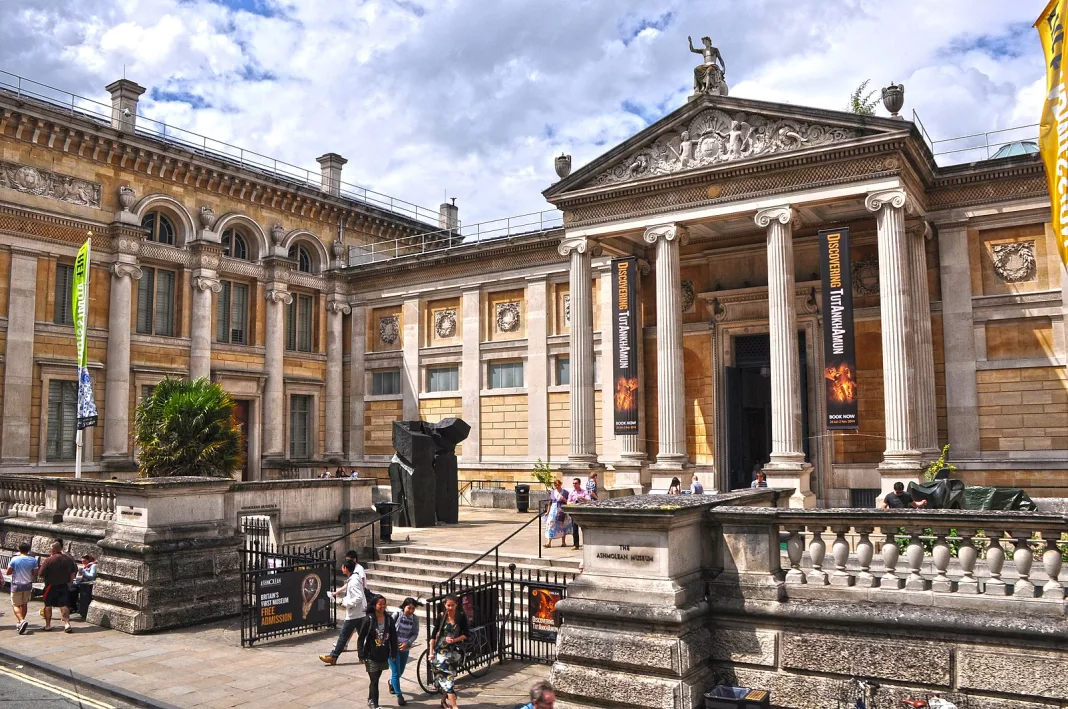The governing board of the Ashmolean Museum, the Board of Visitors, has formally recommended to the Oxford University Council that a 16th-century Indian statue be returned to its original temple. The Board of Visitors of the Oxford University Museum of Natural History has also recommended the repatriation of a human cranium to the Hopi Tribe of Arizona.
These decisions come at a time when repatriation of artefacts and human remains has become increasingly common, especially from Oxford museums, caused in part by student-led conversations about the relationship between the University and imperialist legacies.
The repatriation process for the Indian bronze was initiated in 2019 by the museum itself, thanks to a tip from an independent scholar. The scholar was researching the photo archives of the IFP-EFEO (Institut Français de Pondichéry and École Française d’Extrême-Orient) and discovered a photo of the statue still in its original temple location, dated 1957. The scholar notified the museum which led the museum to contact the Indian High Commission.
On 3 March 2020, the Indian High Commission then made a formal claim of repatriation. The process of repatriation was slowed by the pandemic, but in July 2022 it resumed, culminating in the present recommendation of the Board of Visitors. The bronze statue, a 16th-century depiction of Saint Tirumankai Alvar, was acquired in 1967 by the Ashmolean at an auction held by Sotheby’s of Indian and Southeast Asian art. Sotheby’s claims that the statue comes from the collection of Dr J R Belmont, a major collector of Indian artefacts.
At the same time that this request for repatriation was granted, a parallel claim by the Indian High Commission for another statue, an 11th century bronze of Shiva with his attendants, was denied by the Board. The Board justified its decision by stating that “there is no evidence to support the work’s previous ownership or its possible theft.”
In 2022 Oxford and Cambridge University agreed to repatriate more than 200 of the famed Benin Bronzes to Nigeria, while two years earlier the Pitt Rivers Museum removed its “Treatment of Dead Enemies” exhibit from public display. But the national discussion is far from resolved – in November of last year, Rishi Sunak reignited the argument surrounding the Elgin Marbles by cancelling a meeting with Greek Prime Minister Kyriakos Mitsotakis intended to discuss the matter.
During a recent talk at Magdalen College, the Victoria & Albert Museum’s director, Tristram Hunt, suggested that the statutory obligations of some nationally owned museums may prove an obstacle to restitution efforts. The British Museum Act of 1963 and National Heritage Act of 1983 restrict museums from returning objects outside of a narrow range of conditions, such as items which turn out to be forged or duplicated.
The V&A itself worked on the long-term repatriation of gold regalia looted from Ghana, also in 2022.


